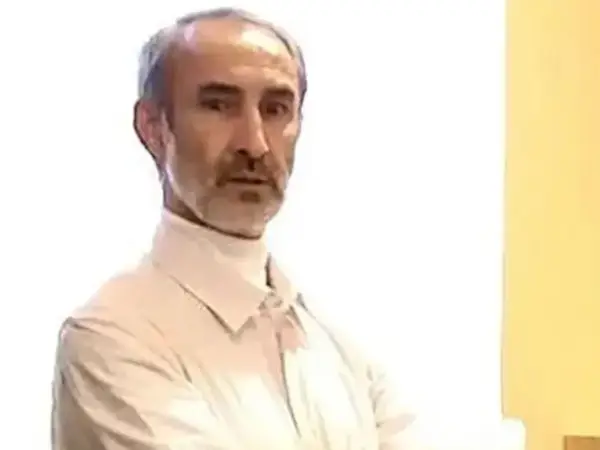Swedish prosecutors and plaintiffs have requested life imprisonment for Hamid Nouri, a former Iranian official, for his role in prison purges in Iran in 1988.
In the 89th session of Hamid Nouri’s trial on Friday, plaintiffs' lawyers said Nouri played "an active role" in the execution of thousands of political prisoners in Iranian prisons in 1988 and requestedthe court hand out the maximum sentence of life imprisonment for him.
Swedish prosecutors who invoked the principle of "universal jurisdiction" for serious crimes to bring the case to trial submitted their final indictment life imprisonment for Nouri on Thursday.
Nouri, allegedly a former deputy prosecutor at Gohardasht Prison near Tehran at the time of the killings, has been charged with “war crimes, crimes against humanity, torture, and participating in the continued crime of refusing to return the bodies of executed prisoners to their families.” He has denied any wrongdoing and said plaintiffs' allegations were a "completely imaginary story".
Witnesses have told the court that Nouri, who went by the alias Hamid Abbasi at the time, was responsible for handing down death sentences and taking prisoners to where they were hanged or shot.
Following Thursday's announcement of the prosecution's demand for life imprisonment, Sweden's Foreign Ministry advised citizens against making unnecessary trips to Iran, citing increased "expression of dissatisfaction" of Iranian officials over Nouri's trial.
There have been allegations that Iran seeks to exchange Nouri with Swedish-Iranian scientist and academic Ahmad-Reza Djalali arrested on vague charges of espionage and collaboration with Israel in 2016 and sentenced to death in 2017.
Sweden arrested Nouri, now 61, upon his arrival in Sweden at Stockholm Airport in 2019 and in August 2021put him on trial over the mass execution and torture of prisoners at Gohardasht Prison in July and August 1988.
Most of victims were linked to the opposition group Mujahedin-e Khalq Organization (MEK) but there were also some with links to leftist and secular groups such as Fadaiyan Khalq Organization (FKO) and Tudeh Party as well as some Kurdish groups such as Komala and Kurdish Democratic Party of Iran.
Nouri is the first person ever put on trial for the executions carried out on the basis of a fatwa by Iran's then-supreme leader, Ayatollah Ruhollah Khomeini, against the MEK which carried out a wave of bombings in Iran and struck an alliance with Saddam Hussein during the 1980-88 war.
President Ebrahim Raisi was one of the four judges of an ad hoc judicial committee formed to carry out the fatwa which came to be known among prisoners as the ‘Death Commission.’
The committee decided the fate of prisoners in secretly held summary trials. Raisi has denied any role in the sentences but has at the same time said the action taken against the MEK was justified due to their acts of violence.
Some of the prisoners who were subsequently executed had been freed from prison much before the prison purge but were rearrested and put on trial again to ensure they truly denounced the MEK and were "sufficiently repentant".
The exact number of prisoners executed during the purging of prisoners in 1988 is not known but according to Amnesty International, the Iranian authorities "forcibly disappeared" and "extrajudicially executed" around 5,000 between July and September 1988.
The MEK’s National Council of Resistance of Iran in 2019 named over 5,000 members as victims in a booklet ‘Crimes Against Humanity.
